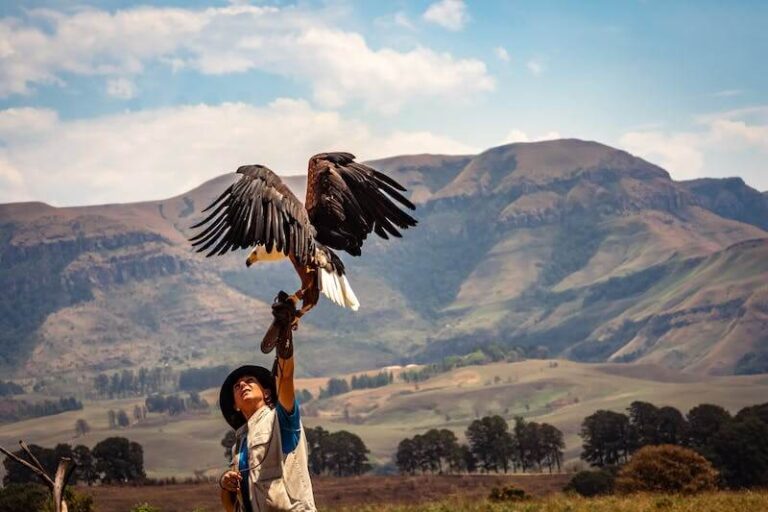Conservation refers to the intentional and sustainable management of natural resources, ecosystems, and biodiversity to ensure their preservation for present and future generations. The goal of conservation is to strike a balance between human activities and the protection of the environment, promoting responsible use and stewardship of natural resources to prevent degradation and loss.
Origin of the term and application
The word conservation originates from the Latin “conservationem” meaning preserving, guarding or keeping intact. Conservation, as it has been used since the early 20th century, refers to the preservation of natural habitats and species by reducing resource depletion and environmental degradation. Conservation is frequently used when discussing land use, wildlife preservation, or sustainable forestry.
To date, conservation efforts have encompassed a plethora of practices, including habitat restoration, sustainable agriculture, and the establishment of protected areas. Environmentalists use the term conservation to explain the critical importance of finding a balance between human needs and the use of natural resources, and the health of the planet. The practice of conservation ensures the thriving of ecosystems, protection of all species and the sustainability of life on Earth. Brahma Kumaris inspired 1000 farmers to practice sustainable agriculture. Named “sustainable yogic agriculture,” this lifestyle requires a vegetarian lifestyle, traditional organic farming practices, ethical animal husbandry, and other sustainable practices, alongside meditation.





